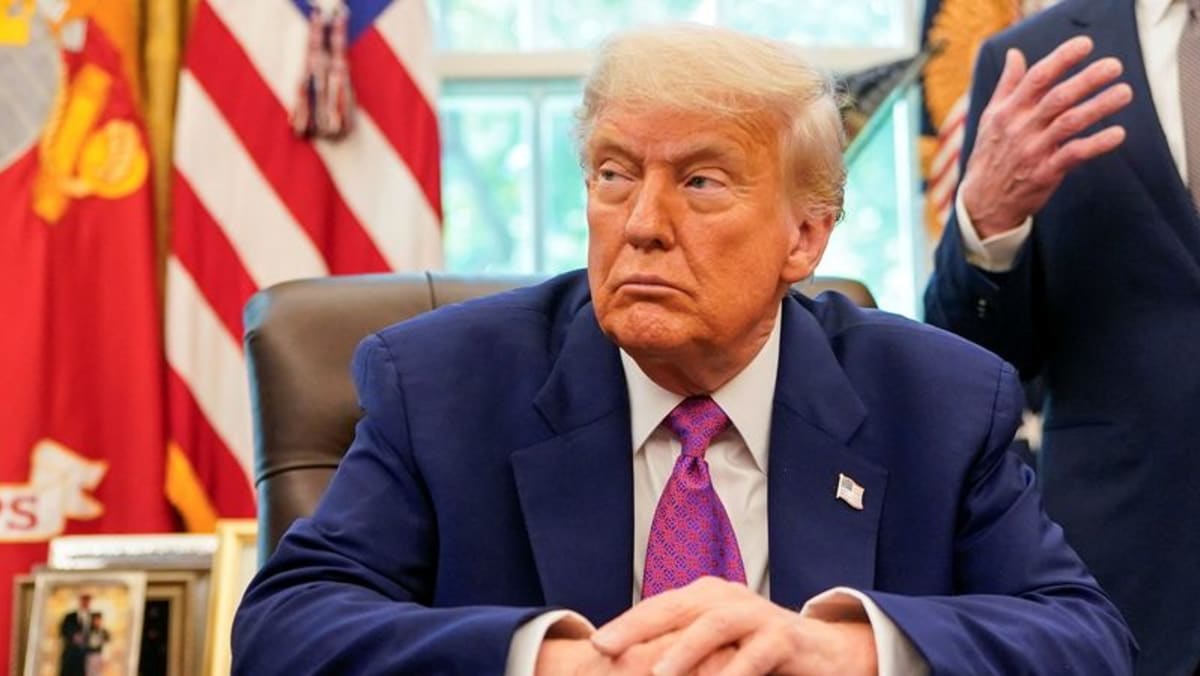ESCALATING CONFLICT
Leavitt confirmed that Trump was briefed on Israel’s strikes on Iranian nuclear sites on Thursday, which followed a barrage of missiles and drones launched by Iran, including one that hit an Israeli hospital.
She warned that Iran would face “grave consequences” if it continued pursuing nuclear weapons and failed to engage in talks.
Trump’s administration has sent mixed signals in recent days. While Trump has repeatedly hinted at diplomacy, he has also spoken of military action. On Wednesday, he told reporters: “Nobody knows what I’m going to do.”
Earlier this week, he suggested in a social media post that Iran’s Supreme Leader Ayatollah Ali Khamenei could be targeted, before demanding Iran’s “unconditional surrender.”
BACKCHANNEL CONTACTS
Three diplomats told Reuters that Trump’s special envoy, Steve Witkoff, has held several phone calls with Iranian Foreign Minister Abbas Araqchi since Israel began its strikes last week.
The nature of those discussions remains unclear, but they underscore Washington’s dual-track approach, maintaining open diplomatic lines while preparing for potential military involvement.
The escalating war, now in its second week, has shown no signs of abating. Iran, facing its most serious security threat since the 1979 revolution, has been weighing broader retaliation options.
Javed Ali, associate professor of practice at the University of Michigan’s Gerald R Ford School of Public Policy, said it is unlikely Iran would escalate the fighting “overtly”.
“Israel and Iran are (going to) continue to trade punches,” he said. “But … I don’t think now is the time for Iran to … attack US interests in the region. That would be a catastrophic miscalculation for Iran and its supreme leader.”
